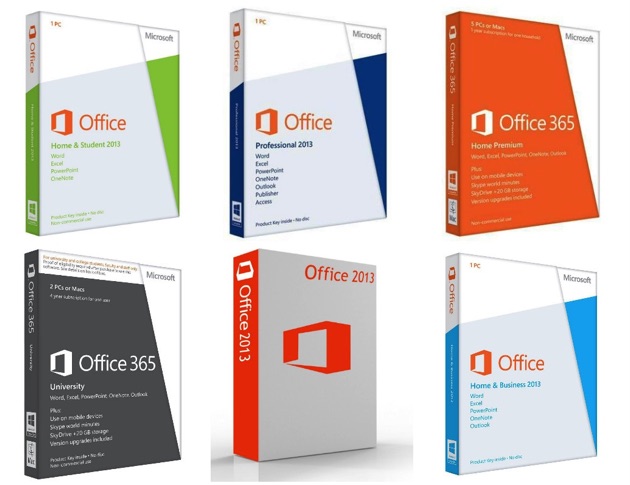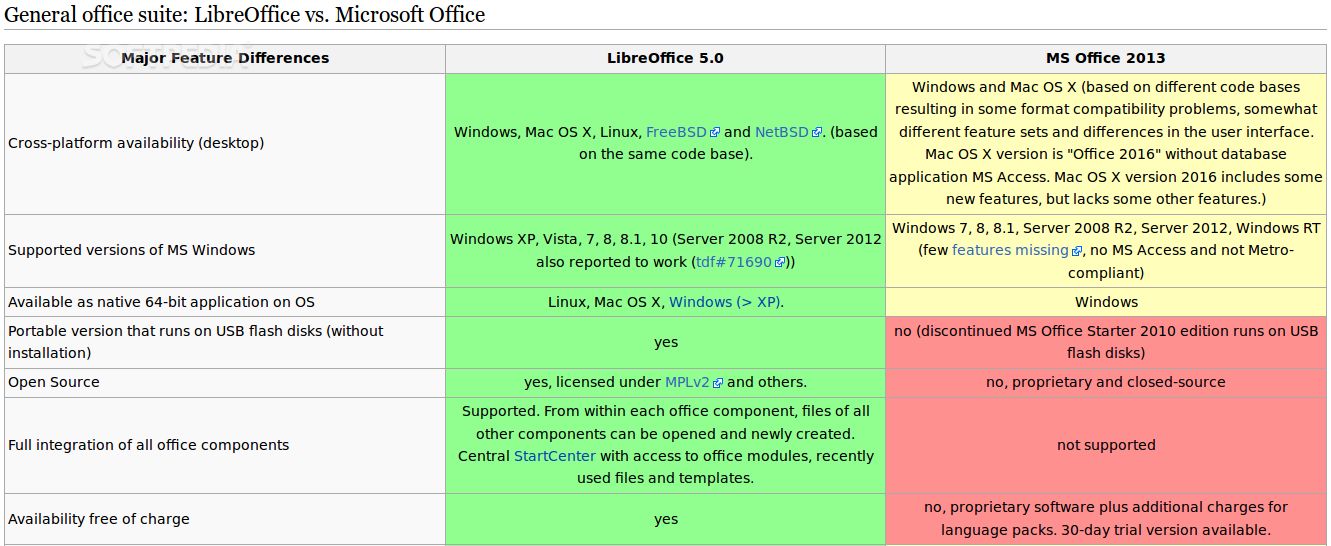

- Difference between windows and microsoft office install#
- Difference between windows and microsoft office windows 10#
- Difference between windows and microsoft office software#
- Difference between windows and microsoft office Pc#
- Difference between windows and microsoft office professional#
Difference between windows and microsoft office software#
Microsoft Word and Microsoft Excel are tools in the software productivity package of Microsoft Office. It’s important to understand that they are completely different models, though, and to not confuse users and muddy the waters by implying that Office 365 means you’re using some sort of cloud-based Office-as-a-Service.The Difference Between Microsoft Word and Microsoft Excel Windows 365, on the other hand, sounds like an awesome approach that I really hope Microsoft does offer.īoth of these are potential options for Microsoft, and each has pros and cons. It seems too much like trying to use a Chromebook - where your ability to use your computer or be productive is tied to your ability to find a reliable internet connection. I’m not a fan of the idea of Windows-as-a-Service.
Difference between windows and microsoft office install#
It would likely still include some sort of subscription, or ongoing fees, but with Windows-as-a-Service, Microsoft would install and maintain the Windows OS on its Azure servers in the cloud, and users would need to somehow connect to and login to the cloud-based Windows to run software in a virtualized, streaming fashion over the internet.
Difference between windows and microsoft office windows 10#
That means, when Windows 10 comes along, the Windows 365 users will just keep paying their subscription fees and install it, while those who purchased Windows 9 outright will have to spend the $200 again if they want to upgrade.Ī cloud-based Windows, or “Windows-as-a-Service,” is an entirely different concept. Users would still have the exact same Windows 9 (or whatever they call it) as the users who pay $200 to buy Windows 9 outright, but they’d pay less up front, and they’d have perpetual rights to the latest version. So, now let’s break down the difference between what “Windows 365” might look like as opposed to “Windows-as-a-Service.” If Microsoft chooses to offer Windows the same way it has packaged Office 365, all that means is that rather than charging a one-time fee of $100 or $200 for the OS, it would instead offer it as a subscription for say $25 or $50 per year.
Difference between windows and microsoft office Pc#
It includes additional cloud-based features and benefits that don’t come with the desktop suite, but the actual Office applications are installed on and run from your Windows or Mac PC literally the same way.
Difference between windows and microsoft office professional#
Office 365 is the exact same Office as the traditional Office Professional 2013 suite, but it’s sold as a subscription rather than as a one-time purchase. Office 365 is NOT a cloud-based Office-as-a-Service offering. Let’s start by backing up and talking about Office 365 for a minute. It’s no wonder consumers on the street can’t make sense of Office 365 - the tech press doesn’t get it either and writes things that make it more confusing. If that isn’t bad enough, it doubled down on that ignorance by linking the misguided understanding of Office 365 to both Windows 365 and Windows-as-a-Service, as if all of those are related or similar. That particular article demonstrated a complete lack of understanding about what Office 365 is and how it works.



It then went on to claim that those rumors might be true because Microsoft listed a job posting that alluded to “Windows-as-a-Service.” What concerns me is that there’s still so much confusion about Office 365, and that confusion will bleed over into a possible “Windows 365” scenario, creating chaos for users trying to decide what is best for them.Ĭase in point: I read an article this week that was very confusing and misleading, because the headline made it clear it was related to Windows-as-a-Service - however, in the very first paragraph, the author stated that Windows might soon follow in the footsteps of Office 365. Some suggest that Microsoft will just give the OS away, while others think that Microsoft will either offer Windows as a cloud-based service or in a subscription model á la Office 365.Īll of those are possibilities. With Windows 9 already on the immediate horizon, there’s increasing speculation that Microsoft may change up the licensing and business model for the flagship OS. There's a lot of speculation that Microsoft will change how Windows is sold and distributed, but a "Windows 365" approach is different than "Windows-as-a-Service." There’s a difference between Windows 365 and Windows-as-a-Service


 0 kommentar(er)
0 kommentar(er)
